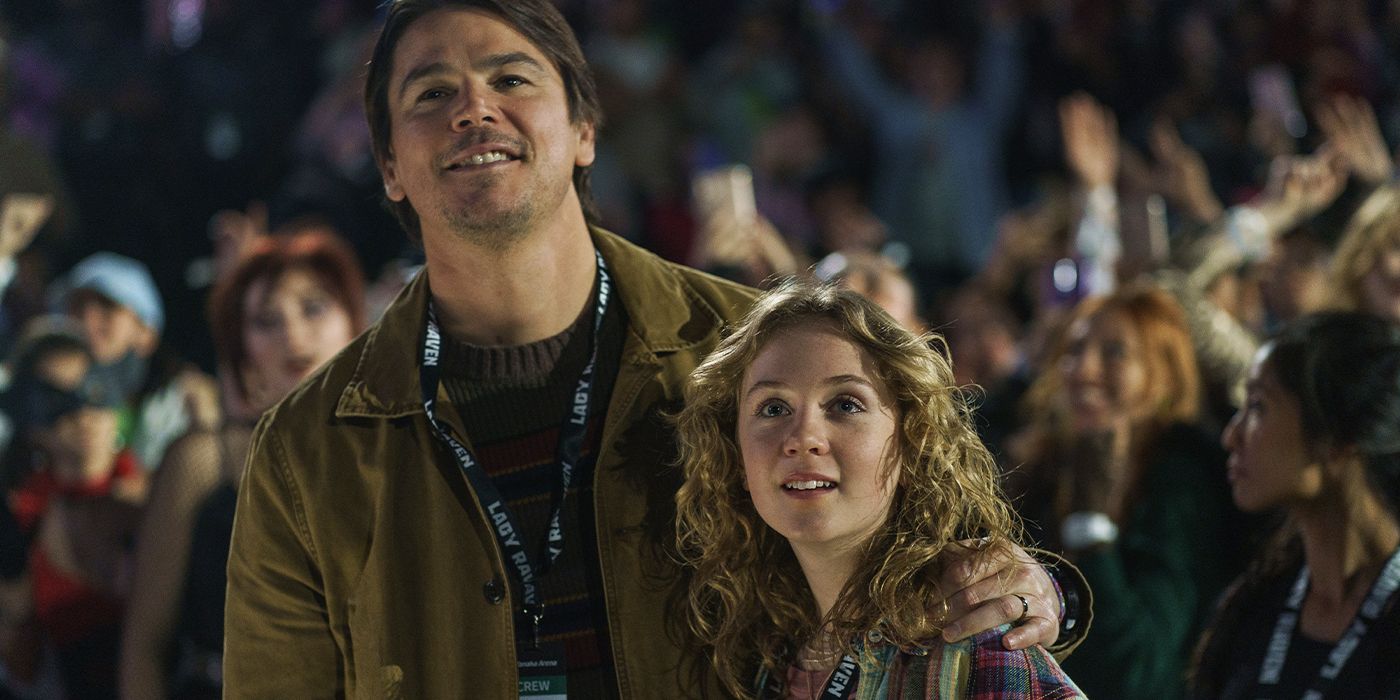Alternative monitoring of popular culture ~ broadly defined ~ in the pursuit of deeper understanding
Monday, September 26, 2022
Moonage Daydream
Pearl
Thursday, September 15, 2022
We Cry Together
Beauty
Andrew Dosunmu's Beauty (Netflix) is a perplexing, frustrating film written by Lena Waithe, who wrote the powerful Queen & Slim (2019).
Beauty stars the lovely but miscast Gracie Marie Bradley as the gifted singing daughter of demanding, signifying church-going parents (the ever-reliable Giancarlo Esposito and Niecy Nash) who are all-about praise in the pew but are vulgar, chain-smoking martinets at home. The contradiction doesn't seem to rattle Beauty or her brothers, Cain and Abel (Kyle Bary and Micheal Ward, respectively) but gets the side-eye from Beauty's girlfriend Jasmine (Aleyse Shannon).
Others have said this picture's major fail is not having Beauty sing ... ever. I agree. That's not to say the film is bereft of music. It's not and includes a cavalcade of classic performances from Mahalia Jackson, Judy Garland and Patti LaBelle and a score of others. But no Beauty.
It seems a strange call but may be the filmmakers' attempt at lifting the story onto a more metaphorical plain, with the conflict between Beauty and her parents over the direction of the young woman's singing career serving to explore other issues -- greed, emotional displacement and repression, maybe. All of these are exhibited by Beauty's tyrannical father and envious mother, who was denied her own shot at greatness and relegated to the background on other singers' stages and records. She doesn't think Beauty's ready. Daddy does and is hoping for a big pay day.
Adding to my frustration is the wispiness of Beauty's relationship with Jasmine. They are often filmed snuggling or grazing each other's face but never generating enough heat to suggest there is passion between them. It all seems naive and pointlessly coy.
The film is beautifully shot but the story feels incomplete and uncertain about its purpose. Pity.
Eye of the Beholder Redux
Under the Banner of Heaven
Where the Crawdads Sing
Severance
Shoresy
The Man Who Fell to Earth (2022)
Barbarian
Black Hollywood Tropes
Honk For Jesus. Save Your Soul.
Trap
M. Night Shyamalan's latest thriller, Trap, is mind-bending poser like his previous pictures but not in the same way. The biggest ques...

-
As you closely read the two photographs above -- Sally Mann's "Candy Cigarette"(top) and Diane Arbus's ...
-
The rootlessness that comes from pride and calamity threading through Bob Dylan's 1965 hit single "Like a Rolling Stone" als...
-
Dame Maggie Smith's only leading role Oscar was for The Prime of Miss Jean Brodie (1969), in which she played the title character, a t...















